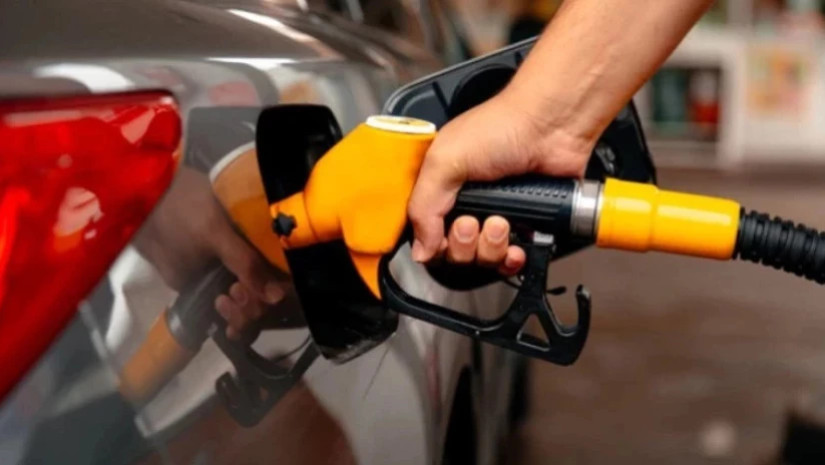Georgian Competition and Consumer Agency published an interim report on monitoring of the petrol and diesel market.
According to the Agency, in January- September both price declines and hikes were consistent with developments in the international market and the actual cost of imported fuel, considering companies’ stock levels and the exchange rate of the lari.
In January 2025, retail prices for both petrol and diesel fuel rose. The increases ranged from 3 to 10 tetri for large companies and 10 to 20 tetri for smaller chains.
From the second half of March 2025, retail prices began to decline. Overall, large companies reduced the retail price of regular fuel by 26–28 tetri, premium by 17–26 tetri, and diesel by 18–29 tetri. In contrast, small chains experienced more immediate fluctuations, with both price increases and decreases occurring more promptly compared to larger companies during the same period.
According to the agency, from June 2025 to date, retail prices at large companies have risen by an average of 15-20 tetri, whilst for small chains the increase was recorded at a higher amount for diesel fuel, up to 25 tetri.
As noted in the interim report, the decrease in retail fuel prices during the first half of 2025 was primarily driven by low crude oil prices and, consequently, low Platts prices. Specifically, crude oil prices dropped to USD 56 in early May 2025, the lowest level since 2021. Subsequently, crude oil prices rose again, resulting in higher costs for imported fuel, which was then reflected in retail prices.
“Large companies’ stock levels, together with logistical processes, are the factor that determines the delayed reflection of events occurring on the international market in cases of both price decreases and increases. Similarly, stock levels are the factor explaining why small chains respond more flexibly to such factors, both in terms of price increases and decreases. In 2025, the dynamics of motor fuel retail prices are in alignment with the retail price dynamics of the main European fuel-supplying countries, Romania and Bulgaria, taking into account the lari exchange rate,” the interim report notes.
Georgia’s Competition and Consumer Agency keeps on regular monitoring of the fuel actually imported by companies and its cost price.


















